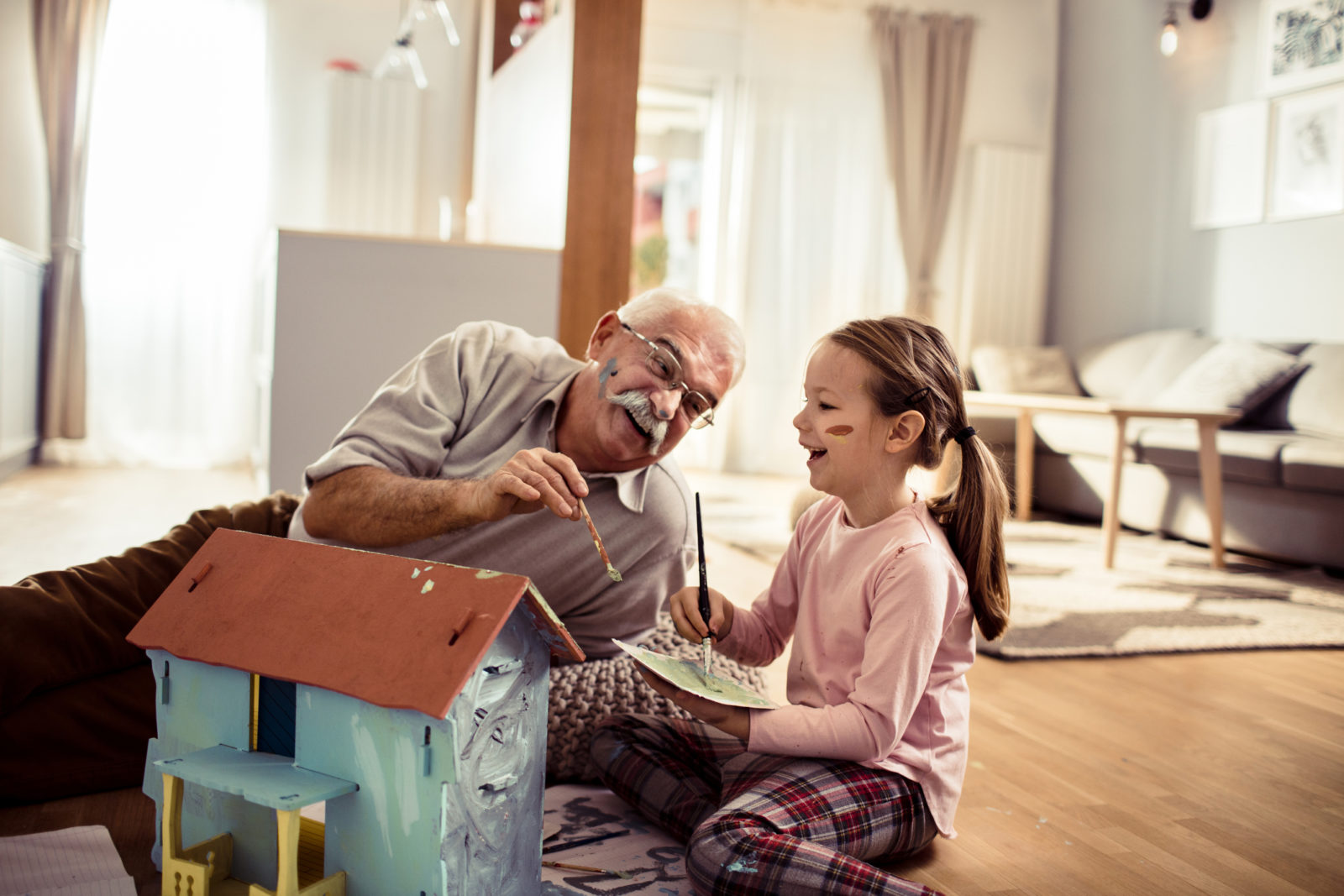What Does It Mean to Be Old?

You’ve heard it all before – old age means increasing aches and pains, constant visits to the doctor and a diminished capacity to live a full and fulfilling life. But is this really true? Does growing older necessarily mean giving up on a life of purpose and joy?
At Family Home Health, we deal with people facing the challenges of aging every day. We also see them enjoying their golden years with the ability to fully participate in life. We thought it would be a good idea to dispel some of the myths about growing older. Here are just a few.
Myth 1: There’s nothing you can do to mitigate the effects of aging
The idea that old age means numerous health challenges and that there’s nothing that can be done to stop the onslaught of diminished vitality is perhaps one of the most damaging myths that exists. Buying into this stereotype can, by itself, create ill health. A study from Yale showed that negative beliefs about aging may be linked to brain changes related to Alzheimer’s disease – specifically, people who had more negative thoughts about aging had a significantly greater number of amyloid plaques and neurofibrillary tangles, two conditions associated with Alzheimer’s. Another study from Yale University demonstrated that positive attitudes about aging could extend one’s life by 7-1/2 years! Lifestyle changes such as quitting smoking and beginning an exercise routine can have amazing positive benefits. Research has shown that
even when started late in life, exercise provides significant benefits. British researchers conducted a study of seniors’ activity level over the course of eight years. They discovered that those who were active at the start of the study and remained so throughout the eight years had the lowest incidence of chronic diseases, memory loss and physical disability. Those who were sedentary at the start of the study and who started an exercise program and sustained it throughout the study did nearly as well, achieving a sevenfold decrease in their risk of becoming ill or frail compared to those who remained inactive throughout the length of the study. We discuss the benefits of staying physically active in more detail in this blog post.
Myth 2: Memory loss is inevitable as we age
It is true that Alzheimer’s disease, stroke and other conditions that cause memory loss are more common as we grow older. Many will experience certain age-related memory changes. Yet, most older adults live out their lives without any serious cognitive impairments. Indeed, recent studies suggest that older brains are better at certain tasks that involve discernment and judgment—the qualities more commonly referred to as “wisdom.” Additionally, there are things we can do to help prevent memory loss as we age – challenge our minds by learning new tasks, exercise, eat well, socialize with friends, and reduce stress.
Myth 3: Older adults are less happy than their younger counterparts
It’s interesting that this myth persists, given that numerous studies have been conducted showing the opposite to be true. A recent study published in the Journal of Clinical Psychiatry showed that the older the person, the happier they were. A Gallup poll discovered that the older respondents experienced less stress and worry than younger people. Of course, happiness is a complex issue. Laura Carstensen, director of the Stanford Center for Longevity, discusses the nuances in her TED talk, “Older people are happier.” But suffice it to say, the idea of seniors being grouchy and unhappy is simply untrue.
Myth 4: Older adults are a burden to their children
A study conducted by Pew Research found that more than 90 percent of people age 65 and older live in their own home or apartment. Only 12 percent of respondents said they rely on their children more than their children rely on them, less than the number that say their children rely on them more than they rely on their children (14 percent). The vast majority of older adults continue to live independent and fulfilling lives.
Myth 5: Everyone ages in the same way
One of the worst things you can do as an older adult is to compare your experiences of aging with someone else. We all age differently, depending on our genetic makeup, our environment, and lifestyle habits. So if you run into an old high school friend and discover they don’t seem to have the same aches and pains you do, don’t despair. The best thing you can do is to focus your attention on discovering ways to increase your health and well-being with the resources you have. Our blog routinely discusses ways for seniors to do just that.
![Family Home Health [logo]](https://www.familyhomehealthnetwork.com/wp-content/uploads/sites/250/2017/04/logo-new.png)